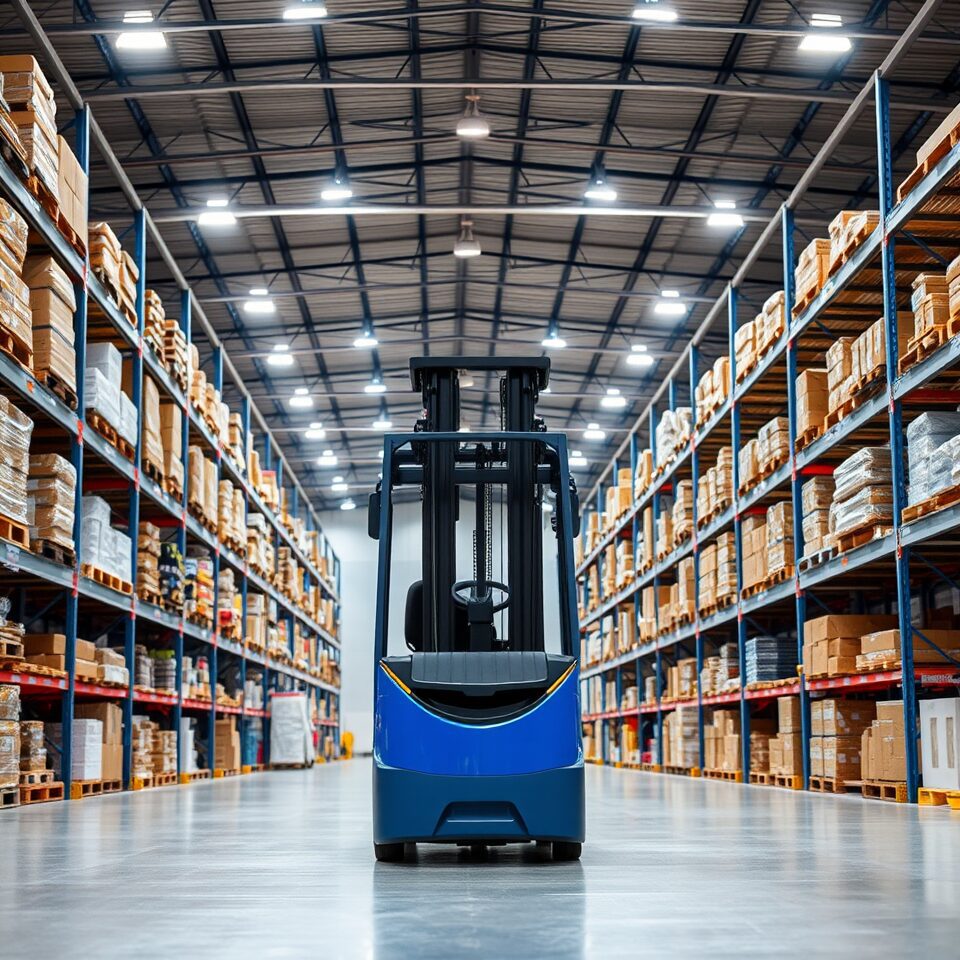The Future of Forklift Batteries: Innovations and Trends to Watch
As industries evolve, so do the technologies that power them. Forklift batteries are at the forefront of this transformation, driven by the need for efficiency and improved performance. In this blog, we will explore the future of forklift batteries, highlighting key innovations and trends that are set to reshape the landscape of warehouse and industrial operations.
1. Lithium-Ion Technology
Lithium-ion batteries have gained traction in the forklift industry due to some of their advantages over traditional lead-acid batteries. These include faster charging times and less maintenance. As the technology continues to improve, we can expect to see growing adoption of lithium-ion forklift batteries, particularly in high-demand settings. Lead Acid batteries are also making improvement to meet the changing customer needs such as Valve Regulated Lead Acid, Gel, and Nano-Carbon options that each have their own sets of pros and cons.
2. Enhanced Charging Solutions
Innovative charging solutions are revolutionizing the way forklift batteries are recharged. Techniques such as opportunity charging allow operators to charge batteries during breaks and downtime, maximizing uptime and efficiency. Look out for advancements in fast-charging technology that significantly reduce idle times, enabling continuous operations. Your power source should always be considered when electing for Opportunity and Fast Charging to ensure you have the capacity and correct technology for the application.
3. Battery Management Systems (BMS)
Advanced battery management systems are becoming indispensable in monitoring and optimizing forklift battery performance. These systems provide real-time data on battery health, state of charge, and usage patterns, allowing for proactive maintenance and improved decision-making. Expect to see more sophisticated BMS integrated into forklift batteries, enhancing overall efficiency.
4. Smart Forklift Technology
The integration of smart technology into forklift operations is another trend to watch. Forklifts equipped with IoT sensors can communicate with battery management systems to optimize energy usage and predict maintenance needs. This data-driven approach will lead to more efficient operations and longer-lasting forklift batteries.
5. Modular Battery Systems
Modular battery systems offer flexibility and scalability for forklift operations. These systems allow businesses to customize battery configurations based on their specific needs, making it easier to upgrade or replace batteries as technology advances. This adaptability is particularly beneficial for companies with varying operational demands.
Conclusion
The future of forklift batteries is bright, with numerous innovations and trends poised to transform the industry. As technology continues to advance, businesses must stay informed and adapt to these changes to optimize their operations. Embracing the latest developments in forklift battery technology will not only enhance efficiency but also improve operational bottom lines.
Check out our Material Handling product offering where we have a wide array of options to meet your specific needs. Our experienced sales personnel will walk you through the pros and cons of each technology and what is the best fit for how your operation runs.

